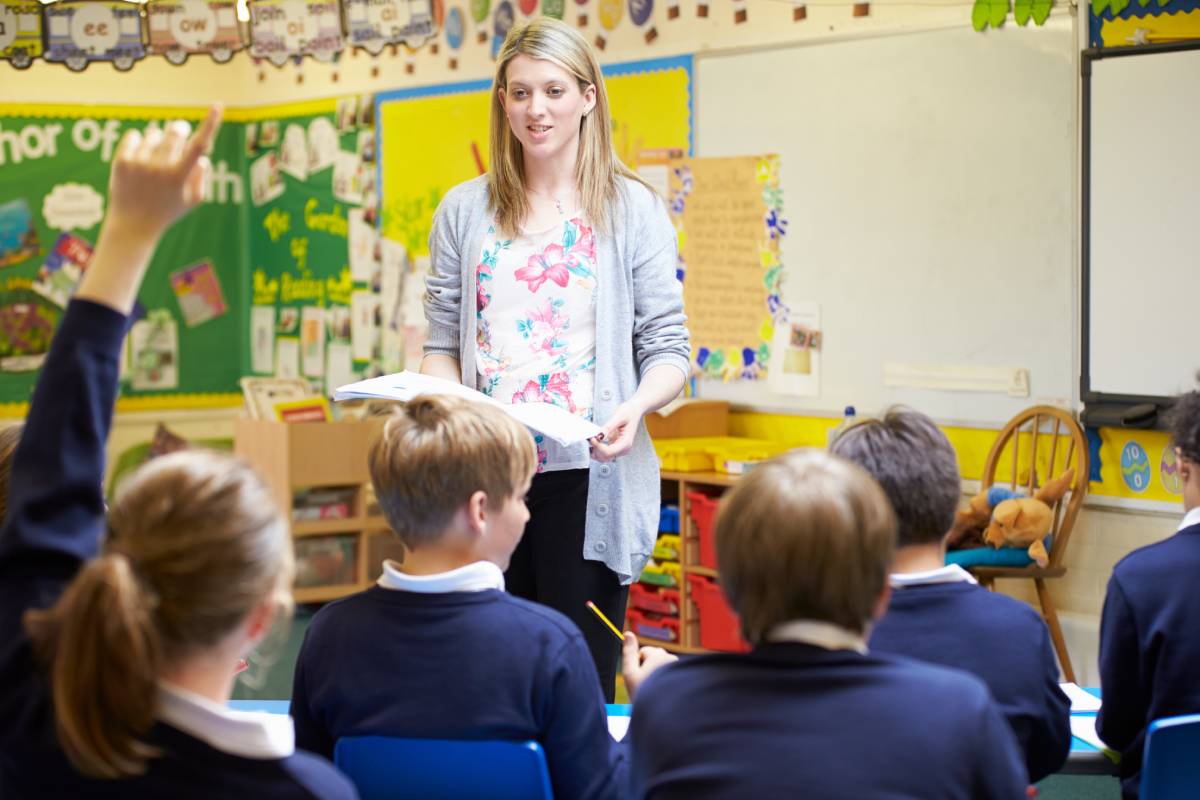Teachers can positively impact pupil performance by encouraging and helping them consider their goals for the year ahead.
It’s a good idea to capitalise on their new term enthusiasm by helping them record these goals so they can continue to reflect on their progress. Setting goals can also help them to focus and banish any anxieties they may have.
How to help pupils set goals
Students often find planning a challenge. You can help them reflect on last year and set goals for this year by creating questions that will make it easier.
Here are some ideas for useful questions when helping students set their personal goals.
- What were some of your biggest successes last year?
- What were your biggest challenges?
- How will you build on your successes and learn from your difficulties?
The answers from students may not be entirely accurate, but they will show how they think about their achievements, strengths, and weaknesses.
A judgement-free environment will help build trust between you and your class and develop your understanding of their thoughts and opinions.
What goals should I help pupils to set for themselves?
Goals should not only focus on grades and achievement. By breaking them down into different areas, you will help pupils see how they can achieve their aims.
- Learning – These can be broken down into subject areas.
- Effort – Breaking effort down into manageable steps.
- Self-regulation – Helping pupils to understand how to manage themselves.
- Social – Focusing on relationships with peers and teachers, as well as developing better communication skills.
- Attitude – Emotional development and a positive mindset.
For more information on how pupils can set their own goals, see Responsive Classroom
Suggestions for Goals at Different Ages
Learning Goals
At A Level, students might broaden their knowledge and understanding by reading a non-fiction book each month.
A primary-aged pupil might choose a goal focussed on improving their spelling and checking their writing.
Effort Goals
A GCSE student might opt for including regular revision by creating flashcards and doing quizzes.
A primary pupil may like to set a target to try harder in a subject they find challenging.
Self-regulation Goals
A secondary student may create a timetable for completing homework.
An older secondary student may restrict technology use until they have completed homework.
Social Goals
Younger pupils may challenge themselves to make new friends and play with other children at lunchtime.
A secondary student may set a goal to try new clubs to get a better balance in their lives.
Attitude Goals
Primary pupils may choose to embrace a can-do attitude to new learning.
Secondary students might choose to respond positively to feedback and use it to improve their learning.
Do goals really help?
Goals are a starting point for self-reflection. On their own, they may allow pupils to learn how to evaluate their strengths and weaknesses. However, for real impact, teachers will need to provide opportunities for pupils to assess their progress towards their goals and adjust accordingly.



